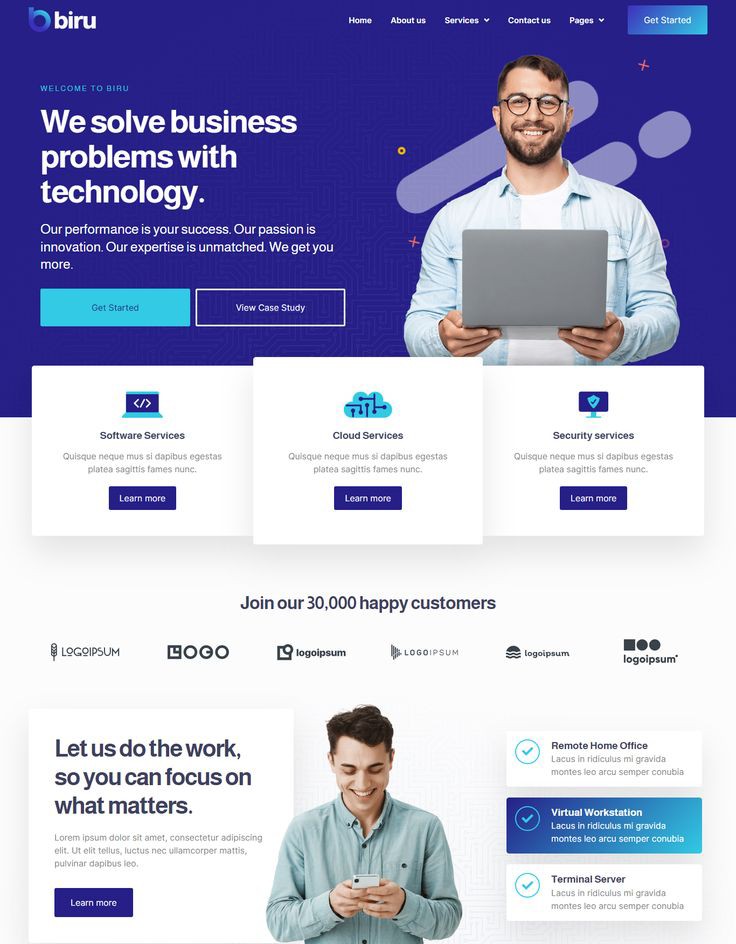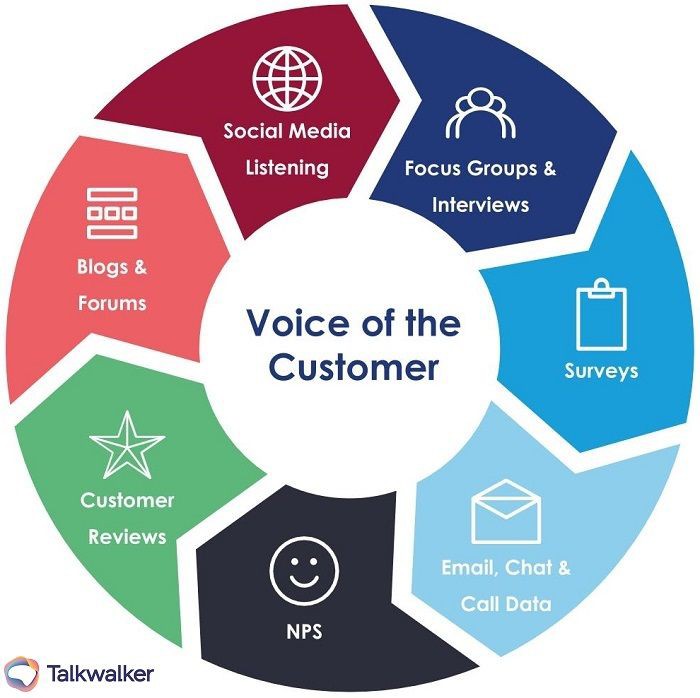Introduction
Imagine walking into a store with cluttered aisles, dim lighting, and no signs to guide you. Frustrating, right? Now, picture a store that’s brightly lit, well-organized, and easy to navigate. This comparison perfectly illustrates what clients feel when they visit a website. In today’s digital world, every business needs a digital home—a space online where clients can browse, explore, and interact with your brand. Much like a physical home, your website must be welcoming, functional, and secure. Let’s explore why your business needs this digital home and what clients expect from it.
The Foundation of Trust Begins with Your Website
A First Impression That Lasts
Your website acts as the first point of contact with potential clients. Within seconds, they form an impression about your business, often without realizing it. A sleek, modern website conveys professionalism, whereas a clunky, outdated site can signal that your business lacks attention to detail and care.
Clients Expect Convenience and Accessibility
Think of your website as a home your clients visit around the clock. They anticipate the same level of convenience and ease as they would in a well-organized store. An intuitive layout, quick load times, and easy-to-find information contribute to a comfortable experience. In today’s mobile-driven landscape, if your site isn’t mobile-friendly, it’s akin to having a door that won’t open—frustrating and potentially a deal-breaker for many visitors.
A Digital Home Where Information is Readily Available
Content That Answers Questions Before They’re Asked
Imagine stepping into a shop where all your questions are addressed before you even get the chance to ask. Your website should function this way. It is essential for your digital home to anticipate visitors’ needs, providing clear and concise answers to common inquiries. A well-organized FAQ section can serve as a helpful guide at the entrance, showcasing your services as if giving a tour of your home.
User Experience is King
A seamless design is crucial. Just as you prefer to walk through a home without obstacles, clients enjoy a website that is easy to navigate. Quick access to information and a smooth browsing experience can make clients feel welcome and valued.
Customization: Reflecting Your Brand’s Personality
Standing Out in the Digital Neighborhood
Your website should act as an extension of your brand’s unique identity. Just like a standout house in a neighborhood, differentiating yourself from competitors will make a memorable impression on visitors.
The Importance of Visual Appeal
Eye-catching design elements draw attention and create a sense of belonging. Using consistent branding throughout your website can enhance recognition and familiarity, reinforcing your business’s identity.
Clients Expect Security and Privacy
Keeping Your Digital Home Safe
In the digital realm, security is paramount. Just as locks on the door give a sense of safety at home, implementing website security measures such as SSL certificates and encrypted payments fosters trust with clients.
SEO: Putting Your Digital Home on the Map
Making Your Website Findable
Search engine optimization (SEO) is critical to making your website discoverable. Think of SEO as the digital equivalent of a street address—if potential clients can’t find you, they won’t be able to visit.

Local SEO: Becoming the Go-To Spot in the Neighborhood
Optimizing for local searches can attract customers right to your virtual doorstep. Utilizing Google My Business and local listings effectively helps ensure your business becomes a local favorite online.
The Future-Proofing Factor: Always Be Ready for Guests
Keeping Your Digital Home Updated
Regular updates to your website are essential to maintaining functionality and relevance. Evolving design trends and user expectations mean that what works today might not be successful tomorrow.
The Importance of Fast Loading Speed
Fast loading times keep visitors engaged and prevent them from “walking away.” Speed is a crucial aspect of digital hospitality.
Testimonials: Client Stories Add Value to Your Digital Home
Building Social Proof
Client reviews act like tried-and-true word-of-mouth recommendations. When testimonials are showcased on your website, they create trust and can significantly drive conversions.
The Bottom Line: A Website is No Longer Optional
A Business Without a Website is a House Without a Foundation
Neglecting a digital presence can cause businesses to lag behind competition. Your website serves as the hub for all your digital marketing efforts, making it an indispensable asset.
Conclusion
In summary, having a well-maintained digital home is vital for any business today. It’s not just about having a presence online but about inviting clients to visit and explore your offerings. Make sure your digital home is a welcoming space that clients feel comfortable interacting with.
FAQs

What should every business include on its website?
Every business should include essential information such as contact details, a description of services or products, a blog or content section for valuable insights, client testimonials, and a clear call-to-action.
How can a small business build a professional website?
Small businesses can start by choosing a user-friendly website builder, selecting a clean and modern design template, and ensuring that the content reflects the brand’s voice. Hiring professionals for specific tasks like design or SEO can also enhance the site’s quality.
Why is mobile responsiveness critical for websites?
Mobile responsiveness ensures that your website functions well across all devices. With an increasing number of users accessing websites via smartphones and tablets, a mobile-friendly design prevents potential clients from leaving out of frustration.
How do I make my website more secure?
To enhance website security, use SSL certificates, keep software and plug-ins updated, implement strong password policies, and regularly back up your data. These measures create a safer experience for your visitors.
What are some essential SEO strategies for my business website?
Key SEO strategies include optimizing website content with keywords, creating valuable and relevant content, enhancing site speed, improving mobile responsiveness, and building quality backlinks. Additionally, local SEO techniques can help attract nearby customers.








